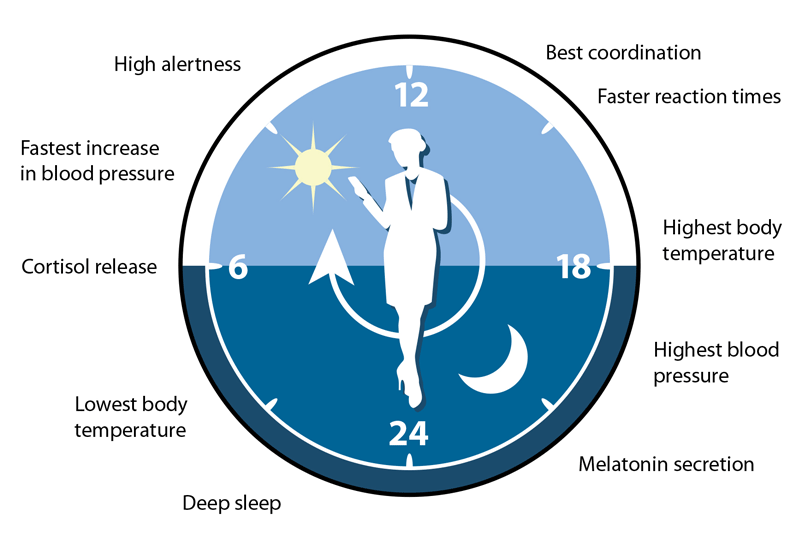With the continuous changes in modern work systems, shift work has become the main production method in many industries. However, this work system often causes employees' biological clocks to be disrupted, affecting their circadian rhythm and sleep quality. This article explores the impact of shift work on circadian rhythms and sleep, and how this can be improved to have a positive impact on employee health and productivity.
Shift work is when employees work according to a prearranged work schedule, which usually includes day shifts, night shifts and days off. This kind of work system can bring many advantages, such as improving production efficiency and reducing costs. However, it also brings some negative effects. Chief among them is disrupting employees' biological clocks, preventing them from maintaining normal circadian rhythms.
Circadian rhythm refers to the regular changes in the biological clock of an organism under the influence of the 24-hour natural cycle. This regular change affects the human body's sleep, diet, energy and other aspects. In a normal working day, people usually work during the day and rest at night. However, under shift work, employees' work and rest times change, causing their circadian rhythms to be disrupted.
Sleep is vital to human health. It not only restores physical strength and improves immunity, but also helps consolidate memory and improve cognitive abilities. However, under shift work, employees' sleep quality often suffers. Unable to fall asleep and wake up at the right time, their sleep cycles are severely disrupted, resulting in poor sleep quality.
Regarding the impact of shift work on circadian rhythm and sleep, there are several suggestions:
Reduce the frequency of shifts: Frequent shifts may lead to disruption of the body clock. Therefore, reduce the frequency of shifts as much as possible, such as using two or three shifts as much as possible, so that employees have more time to adapt to the new working schedule.
Adjust work hours: Where possible, try to adjust work hours to better align with your natural circadian rhythm. For example, if possible, try to schedule employees to work during the day and have nights off.
Establish a regular sleep routine: Even though shift work disrupts the body clock, employees can still work on establishing a regular sleep routine. For example, try to have a consistent bedtime and wakeup time no matter when you get off work.
Promote a comfortable sleep environment: A comfortable sleep environment can help employees fall asleep better and maintain deep sleep. For example, keep the room cool, dark and quiet, use a comfortable bed and pillows, etc.
Healthy lifestyle: In addition to adjusting work hours and sleep environment, employees can adopt other healthy lifestyle practices to mitigate the effects of biological clock disruption. For example, proper exercise can improve physical fitness and immunity, and also help with sleep. Eating wisely can also help adjust your body clock, such as avoiding too much caffeine and sugar.
In summary, the impact of shift work on circadian rhythm and sleep cannot be ignored. In order to mitigate this impact, companies should take corresponding measures to adjust working hours and create a comfortable sleeping environment. Employees should also work hard to adjust their biological clocks and establish regular sleeping habits. These measures not only help improve the quality of life of employees, but also help improve their work efficiency, thus bringing more benefits to the enterprise.
Phenomenon That Makes Night Shift Harmful to The Body Identified



